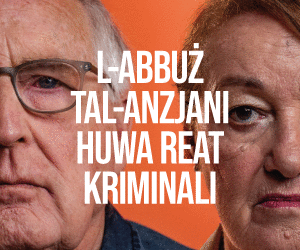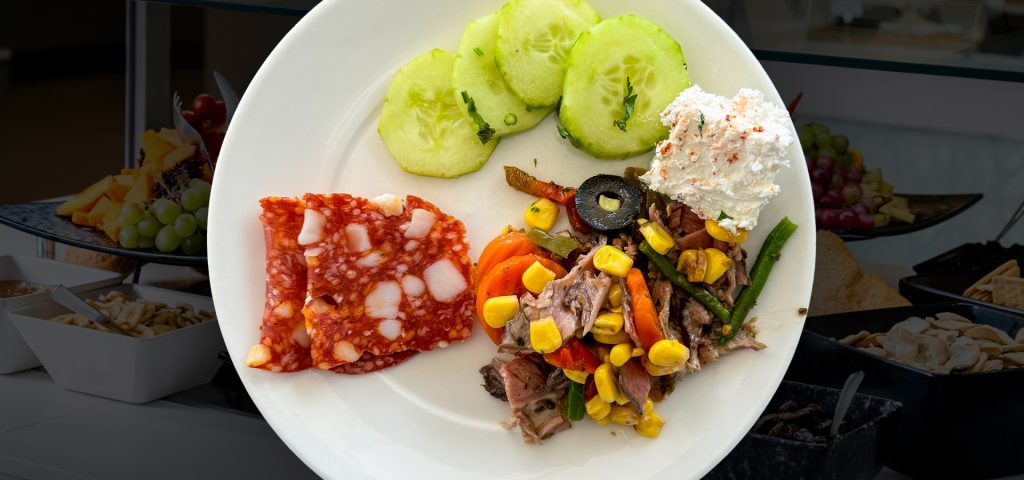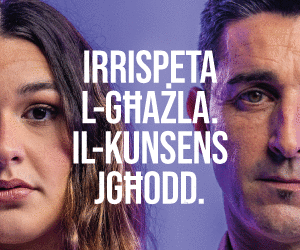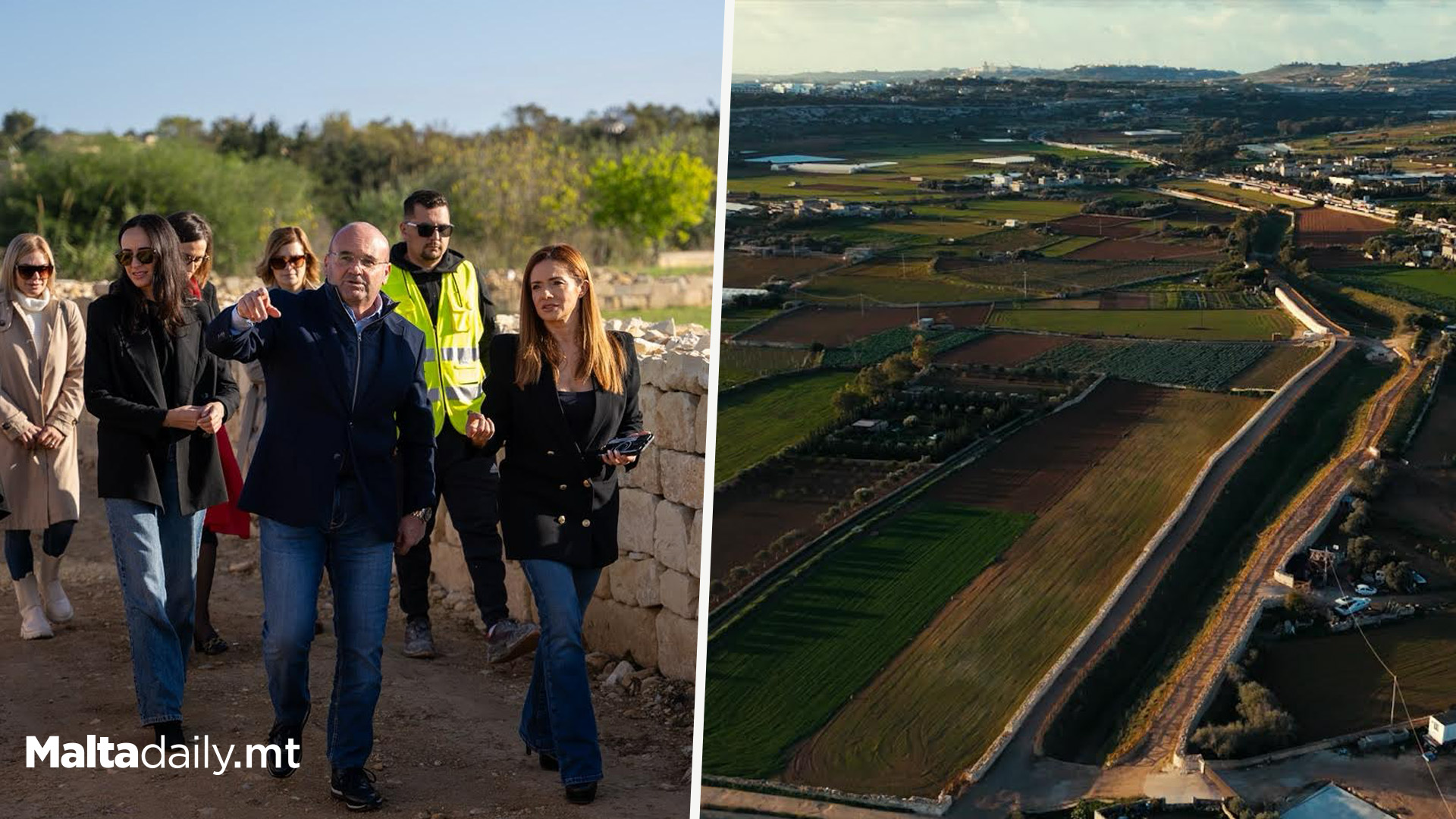
Consent is significant not only for preventing harm and abuse but also for fostering healthy relationships where individuals feel safe, understood, comfortable and respected. Without consent, interactions become abusive with severe consequences, often leading the person involved to feel misunderstood, coerced and manipulated while facing emotional, psychological, and physical repercussions.
![May be a graphic of text that says 'każijiet Statistika Ewlenija miğbura minn Servizzi ta Appogg (2022) 2,046 (+226 Rapporti lill-Pulizija ta Malta [+226minn2020] minn 2,093 Unità tal-Vjolenza Domestik [+228minn2020] minn [+228 173 Shelters [+68 [+68minn2020) minn 2200ח 91% l-aktar bejn 30 huma Irğiel użaw Servizzi ghall ghall-Agressuri 30-49 -49 sena (57%] nieqfu nieqfuflimkien limkien Fiimkien INfiQU BTOP VIOLENCE riformi'](https://scontent-mxp2-1.xx.fbcdn.net/v/t39.30808-6/465124406_979832617523040_3883379761517740080_n.jpg?_nc_cat=111&ccb=1-7&_nc_sid=127cfc&_nc_ohc=9Suy4FDQHIsQ7kNvgFvzJqw&_nc_zt=23&_nc_ht=scontent-mxp2-1.xx&_nc_gid=AIWP4DcNakd9STicnaGQRXj&oh=00_AYB7JO3Af_bkidINNi1yga5fpY8YbGfIFiMcoCFUw1oWQg&oe=675DD6DD) Disregarding consent does not only violate the person’s rights, but it also violates their dignity, boundaries, freedom, and autonomy. Lack of consent allows several forms of gender-based violence to manifest in different ways, such as rape, harassment and stalking, coercion and manipulation, physical abuse, and cyberviolence, including the non-consensual sharing of intimate material.
Disregarding consent does not only violate the person’s rights, but it also violates their dignity, boundaries, freedom, and autonomy. Lack of consent allows several forms of gender-based violence to manifest in different ways, such as rape, harassment and stalking, coercion and manipulation, physical abuse, and cyberviolence, including the non-consensual sharing of intimate material.
Seeking consent is an ongoing conversation which reflects on respecting a mutual understanding and an enthusiastic participation in any kind of activity. To effectively seek consent, avoid making assumptions and clearly communicate your intentions to ensure that your actions are acceptable to the other person. Questions like, ‘Is this okay?’ or ‘Are you comfortable if I do this?’ clearly demonstrate direct and straightforward communication. In such moments, it is equally important to also observe the person’s response to your words and actions by paying attention to their body language. Signs of hesitation, discomfort, withdrawal or silence indicate that the person is not granting consent. Individuals who are under the influence of substances or are underage cannot give their consent. Most importantly, if a person says no, their decision must be respected without any attempts to persuade or pressure them.
To promote consent and its significance in healthy relationships, the Commission on Gender-Based Violence and Domestic Violence organised a competition for students at MCAST, Junior College and the University of Malta during this year’s Freshers’ Week to encourage thoughtful reflections about the significance of consent as the foundation of a healthy relationship.
 This element was also present in the roadshows organised for the ‘Together we Stand. Together we Heal.’ national awareness-raising campaign for the 16 Days of Activism against Gender-Based Violence. These roadshows, held across various localities in Malta and Gozo, entailed theatrical performances addressing gender-based violence, focusing on gender stereotypes, abuse in different contexts and the importance of consent and the consequences of its violation. These plays evoked interesting community discussions in which the audience shared their reflections and concerns about several themes related to gender-based violence and consent. Moreover, the Commission on Gender-Based Violence and Domestic Violence will be distributing informative leaflets across Malta and Gozo to offer public guidance on how to seek consent and information about its principles. The main aim is to inspire a culture which values consent and safety.
This element was also present in the roadshows organised for the ‘Together we Stand. Together we Heal.’ national awareness-raising campaign for the 16 Days of Activism against Gender-Based Violence. These roadshows, held across various localities in Malta and Gozo, entailed theatrical performances addressing gender-based violence, focusing on gender stereotypes, abuse in different contexts and the importance of consent and the consequences of its violation. These plays evoked interesting community discussions in which the audience shared their reflections and concerns about several themes related to gender-based violence and consent. Moreover, the Commission on Gender-Based Violence and Domestic Violence will be distributing informative leaflets across Malta and Gozo to offer public guidance on how to seek consent and information about its principles. The main aim is to inspire a culture which values consent and safety.
Above all, practicing consent builds trust, strengthens relationships, empowers individuals to make choices and it prevents harm and abuse. Consent is not just a moral imperative; it is a human right and a safeguard against gender-based violence and abuse.
#MaltaDaily






















